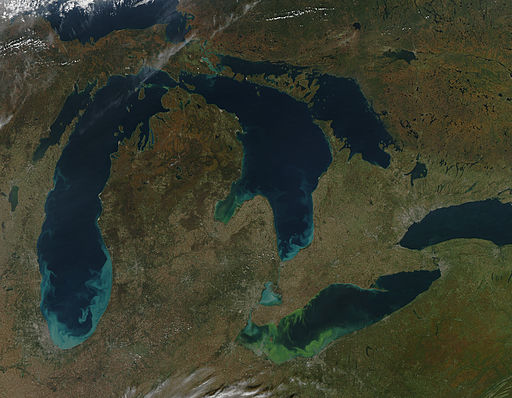Preparing Communities to Receive Climate Migrants
As communities, ecosystems, and economies are pummelled by worsening climate disasters, the world is opening its eyes to an unavoidable consequence: human migration. But researchers and practitioners are just beginning to think about where people will move to -- and how to prepare so-called climate-receiving communities.
ASAP’s newest applied research project acts on our responsibility and opportunity to establish the foundation for socially just and environmentally sound growth in climate receiving regions.

Want to Learn More? Attend the Climate Migration Workshop: Preparing Receiving Communities
We know climate migration will intensify as climate impacts worsen. But who will migrate? Where will those migrants go? And how will that migration affect people and livelihoods in both leaving communities and receiving communities? Join us and our collaborators on December 7 & 8 as we explore findings on these questions and consider how those findings can help receiving communities plan for socially just and environmentally responsible growth.
Climate Migration and Climate Opportunities in the Great Lakes Region

ASAP is running an applied research project in the Great Lakes region to create methodologies for projecting human migration that integrate future climate projections and to gather stakeholder perspectives on the topic of climate-induced in-migration to the region. The project includes region-wide work as well as work specific to New York State, a unique jurisdiction which includes both major populations centers with high climate vulnerability and significant areas that are well positioned to be population-receiving communities under future climate conditions.
We aim to build foundational knowledge on the topic of in-migration, create new tools that can be applied in other climate-receiving regions, catalyze additional investment and research into this critical area of adaptation and resilience work, and cultivate a narrative around the importance of preparing for climate-related opportunities in addition to climate risks.
This project is funded by New York State Energy Research and Development Authority (NYSERDA) and a 2019 Great Lakes Integrated Sciences and Assessments (GLISA) small grant to the American Society of Adaptation Professionals.
Get Involved
- Sign up to receive project updates.
- Dig into the opportunities and barriers for in-migration to the Great Lakes: Read our literature review.
- Co-create methodologies for predicting climate migration: join the New York State Climate Migration Methodology Accelerator Learning Labs. Email AcceleratorApplications@adaptpros.org.
- Download resources from our December 2020 Climate Informed Demography Workshop
- Participate in peer learning on climate migration and managed retreat: Join ASAP’s Climate Migration and Managed Retreat Member Led Interest Group (open to ASAP Members only - Become a member today!)
Project Partners
We are connecting and collaborating with a robust group of adaptation professionals, applied researchers, and end users to develop and implement this project, including demographers, climatologists, local, state, and tribal government officials, and industry representatives. Sign up to receive project updates and learn more about how to get involved.
Thank you to our collaborators!
- Matt Hauer, Florida State University
- Missy Stults, City of Ann Arbor
- Anna Marandi, National League of Cities
- Great Lakes Integrated Sciences and Assessments
- ASAP Climate Migration and Managed Retreat Member Led Interest Group
Thank you to our supporters!
New York State Energy Research and Development Authority
NYSERDA works with stakeholders throughout New York including residents, business owners, developers, community leaders, local government officials, university researchers, utility representatives, investors, and entrepreneurs. NYSERDA partners with them to develop, invest, and foster the conditions that attract the private sector capital investment needed to expand New York’s clean energy economy, overcome barriers to using clean energy at a large-scale in New York, and enable New York’s communities and residents to benefit from energy efficiency and renewable energy.
Great Lakes Integrated Sciences and Assessments, a NOAA RISA Team
GLISA is one of eleven RISAs, which comprise a national network of centers focused on adaptation to climate change and variability. GLISA integrates information from a wide array of scientific fields, develops collaborations between entities with similar goals, and helps inform decision makers throughout the region with sound science. GLISA offers a unique approach to building climate literacy, long-term sustainability, and facilitating smart decision making across the eight Great Lakes states and the province of Ontario.


